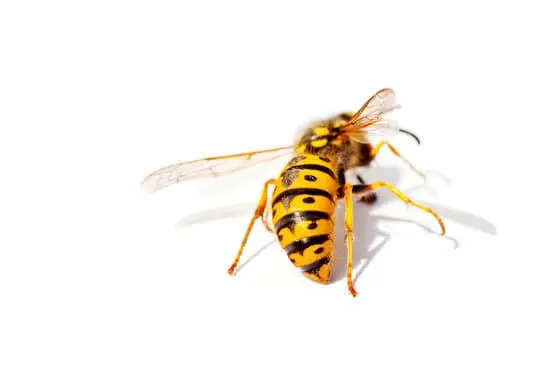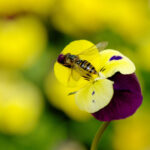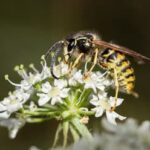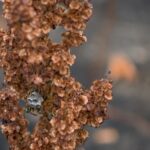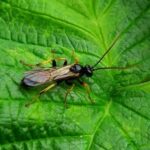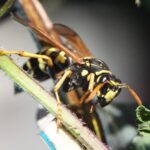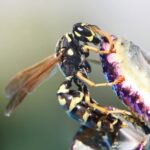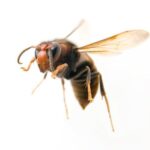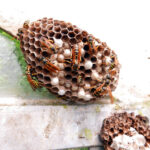Wasps – What Are They and Where Do They Come From?
Thousands of species of wasps live in North America. Some of these insects are predatory, and sting to paralyze their prey. Others are parasitic and lay their eggs on a host. Some are social insects that live in colonies. In addition, there are solitary wasps. These insects are useful in biological pest control.
Wasps build nests and store food for winter. They may nest in a protected area or high in a tree. They are a necessary part of the ecosystem, and play a vital role in pollination. These insects are a part of the order Hymenoptera. They have three body parts, including a thorax with segmented antennae and compound eyes. The thorax also has two pairs of membranous wings, and a constricted petiole.
The wasp larvae feed on a variety of prey, including flies, beetles, caterpillars, and other insects. They then pupate in a cell. Adult wasps obtain their energy from sugar sources, including nectar and honeydew.
Some species of wasps, including the yellow jacket, build large round nests. Others, such as the paper wasp, build nests that are shaped like cones. They usually construct their nests in protected areas, such as on a roof or on a deck. They also build nests in shrubs, tree branches, and other areas.
Social wasps have a symbiotic relationship with their own young. These insects capture and control flies and caterpillars, and capture greenfly. They also feed on various types of flowers, fruits, and nectar.
